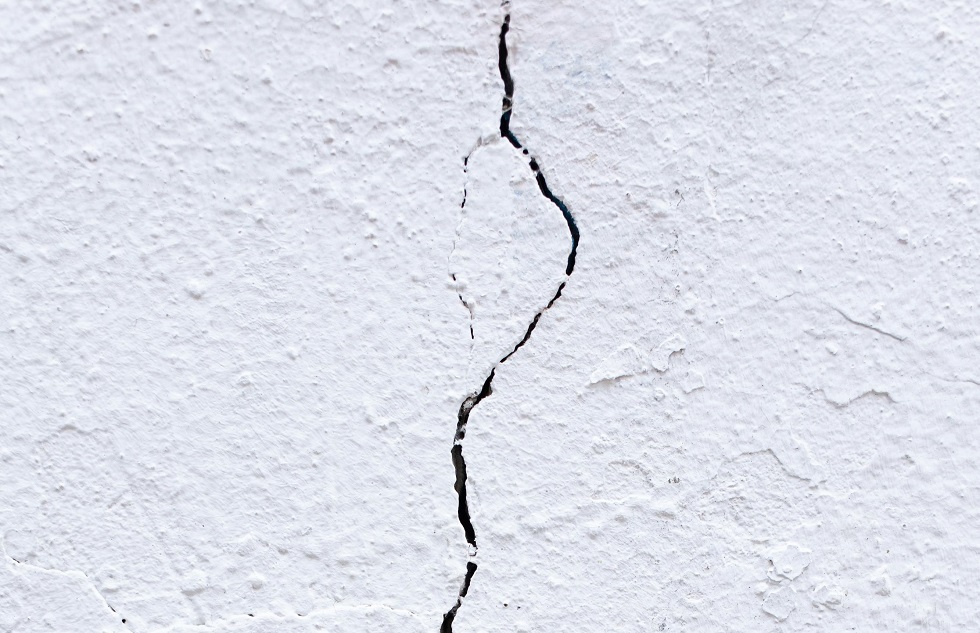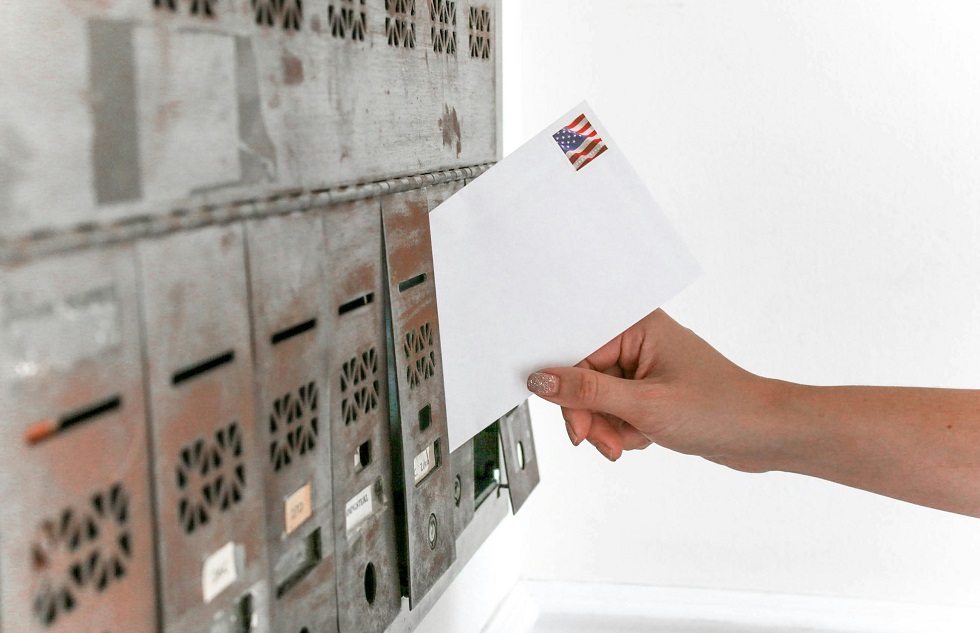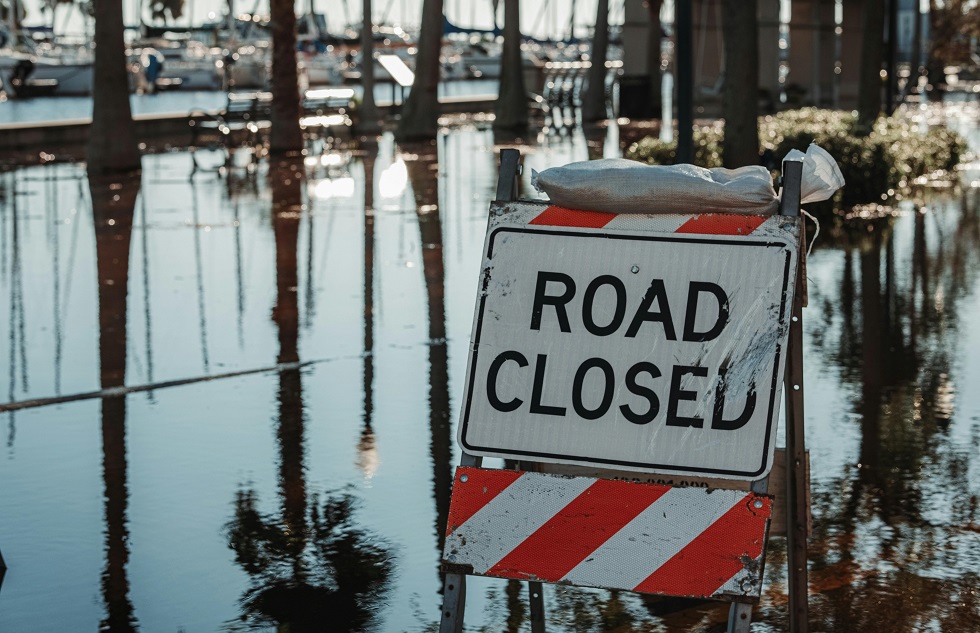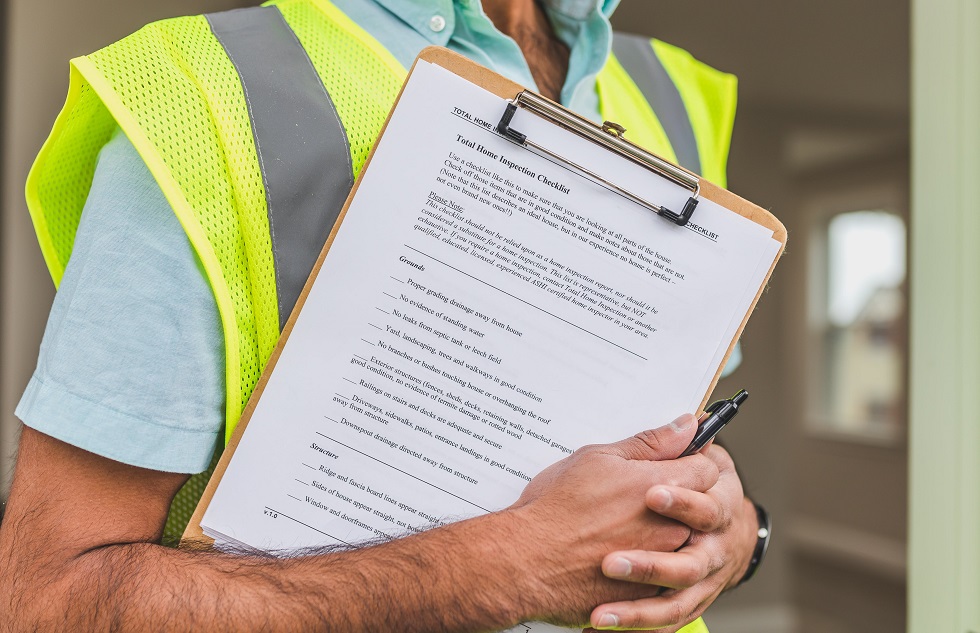Assessing Property Damage with Confidence and Expertise
In the aftermath of unexpected events such as storms, accidents, or other disasters, assessing property damage is a crucial step toward initiating an insurance claim. At Landau Law, we understand the significance of a thorough and accurate assessment in streamlining the claims process. In this blog post, we’ll provide you with comprehensive tips on how to navigate the assessment process effectively, ensuring that you can make the most informed and successful insurance claim possible.
Understanding Your Insurance Policy
Before delving into the assessment process, it’s essential to have a solid understanding of your insurance policy. Take the time to review your policy details, including coverage limits, deductibles, and any specific inclusions or exclusions. Knowing the intricacies of your policy sets the foundation for a smoother claims experience. Need help? Landau Law can help you decipher your policy and get the compensation you deserve.
Immediate Steps After Damage Occurs
In the immediate aftermath of property damage, prioritizing personal safety and securing your property should be the first order of business. Once safety is assured, promptly contact your insurance company to initiate the claims process. Timeliness is key in ensuring that the assessment and subsequent steps proceed efficiently.
Documenting the Damage
Effective documentation is the cornerstone of a successful property damage assessment. Take photographs and videos of the damage from various angles, capturing the extent of the impact. Create a comprehensive inventory of damaged items, providing detailed descriptions and noting any pre-existing damage that might affect the assessment.
Categorizing and Describing Damage
When documenting damage, categorize it for clarity. Distinguish between structural damage, damage to personal property, and any other relevant categories. Write clear and detailed descriptions of each damaged area or item, leaving no room for ambiguity. A meticulous and organized approach to categorization facilitates a smoother claims process.
Seeking Professional Assessment
In some cases, seeking professional assessments can be beneficial. Contractors, appraisers, or other experts can provide written estimates for repairs or replacements. Having professional assessments on record adds credibility to your claim and ensures that all aspects of the damage are thoroughly evaluated.
Keeping Detailed Records
Maintain meticulous records throughout the claims process. Keep a record of all communications with the insurance company, noting the date, time, and details of each interaction. Additionally, retain receipts for any expenses related to immediate repairs or temporary living arrangements, as these may be eligible for reimbursement.
Working with Adjusters
When working with insurance adjusters during property assessments, it’s crucial to maintain open communication. If possible, be present during assessments to ensure that all damaged areas are thoroughly evaluated. Collaboration with adjusters fosters transparency and ensures that your perspective is considered in the assessment.
Understanding Depreciation and Actual Cash Value
Understanding the concepts of depreciation and actual cash value is vital. Depreciation can impact the insurance payout, as it considers the decrease in value of items over time. Clarify the difference between replacement cost and actual cash value to have a realistic expectation of your potential reimbursement.
Appealing the Initial Assessment
If the initial assessment appears to be insufficient, know that you have the right to appeal. Be prepared to provide additional documentation, photos, or expert opinions that support your claim. The appeal process is an opportunity to rectify any oversights and ensure a fair assessment.
Preparing for a Claim Inspection
As you prepare for a claim inspection, create a checklist to ensure that you’re ready for the adjuster’s visit. This includes having access to all damaged areas and providing any necessary documentation or evidence to support your claim. A well-prepared inspection contributes to a more accurate assessment.
Landau Law: Florida Property Damage Lawyers
Navigating the assessment process for property damage insurance claims requires a strategic and proactive approach. By following these tips, you empower yourself to communicate effectively with your insurance company, present a comprehensive view of the damage, and work toward a fair and equitable resolution. At Landau Law, we are committed to assisting you throughout this process. If you have questions or need legal guidance related to property damage claims, contact us for a consultation. Remember, a well-documented and thorough assessment sets the stage for a successful insurance claim.
Florida Property Damage Lawyers
Property Damage Blog Posts

How Do Home Insurance Companies Determine Pre-existing Damage?
Home insurance companies employ various methods to assess pre-existing damage when evaluating property damage claims. This process is crucial for insurers to determine the validity and extent of coverage for property damage. Insurance adjusters conduct thorough visual...

Signs Your Insurance Adjuster Estimate Is Too Low
Insurance claims can be complex, and receiving an adjuster's estimate that seems too low is a common frustration for policyholders. Recognizing the signs of an undervalued estimate is crucial to ensure fair compensation for property damage or losses. Key indicators of...

Why Does Florida Have So Many Hurricanes?
Florida is renowned for its beautiful beaches, vibrant culture, and, unfortunately, its frequent encounters with hurricanes. The state's unique geographical location and climate conditions make it particularly vulnerable to these powerful storms. Florida's position on...

What To Do If You’re Denied Hurricane Damage Claim For Home
Hurricane damage can be devastating for Florida homeowners, leaving them in a state of distress and financial uncertainty. When insurance claims for such damage are denied, it adds another layer of stress to an already difficult situation. Facing a denied claim...

Guide To Documenting Damages For A Florida Flood Claim
Proper documentation of flood damage is crucial for a successful insurance claim in Florida. When floodwaters recede, homeowners face the daunting task of assessing and recording the extent of their losses. Thorough documentation, including photos, videos, and...

What To Do If You Disagree With A Home Insurance Adjuster
Dealing with a home insurance claim can be stressful, especially when you disagree with the adjuster's assessment. Many homeowners find themselves in this frustrating situation after experiencing property damage or loss. If you disagree with the insurance adjuster's...

How To Sue Your Neighbor for Property Damage in Florida
Property damage disputes between neighbors can quickly escalate, turning once-friendly relationships sour. If you're facing significant property damage caused by a neighbor in Florida, legal action may be necessary to protect your interests and recover damages. In...

Common Reasons Your Florida Hurricane Damage Insurance Claim May Be Denied
Florida homeowners face a daunting challenge when their hurricane damage insurance claims are denied. Understanding the common reasons for these denials can help you navigate the claims process more effectively. Insurance companies may deny claims due to inadequate...




